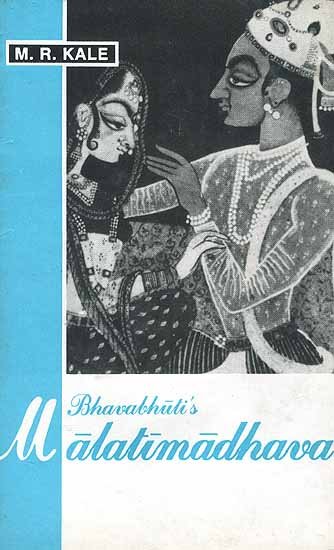Malatimadhava (study)
by Jintu Moni Dutta | 2017 | 52,468 words | ISBN-10: 8120813057 | ISBN-13: 9788120813052
This page relates ‘Meaning and Definition of Caste’ from the English study on the Malatimadhava of Bhavabhuti:—A Prakarana type of Drama in ten acts revolving around the love-story of Malati (from Padmāvatī) and Madhava (from Vidarbha). This study discusses the history of its author and the literary, social, religious, historical and cultural aspects of the Malatimadhava.
Part 1.1 - Meaning and Definition of Caste
The word “Caste” comes from the Portuguese word “casta” signifying breed, race or kind or a man of good family.[1]
The caste system is such a peculiar and complete thing that no satisfactory definition is possible. However, numerous definitions are found regarding the word caste.
Senart, a French authority states that,
“a caste is a close corporation, exclusive and in theory at any rate, rigorously hereditary. It is equipped with a certain traditional and independent organization, including a chief and a council, meeting on occasion in assemblies, endowed with more or less full authority, often united in the celebration of certain festivals.”[2]
Nesfield, an English landscape architect and artist, defines caste as,
“a class of community which disowns any connection with any other class neither intermarries nor eats nor drinks with any but persons of their own community.”[3]
Sir Herbert Hope Risley, a British ethnographer states,
“a caste may be defined as a collection of families or groups of families bearing a common name which usually denotes or is associated with specific occupation, claiming common descent from a mythical ancestor, human or divine, professing to follow the same professional callings and are regarded by those who are competent to give an opinion as forming a single homogeneous community.”[4]
The caste system is a process of placing people in occupational groups. It has pervaded several aspects of Indian society for centuries, rooted in religion and based on a division of labour. The caste system among other things dictates the type of occupations a person can persue and the social interactions that he or she may have. The Indian caste system is considered a closed system of stratification which means that a person’s social status is obligated to which caste he or she was born into.[5]
Footnotes and references:
[2]:
Ibid.p.13
[3]:
Ibid.,p.14
[4]:
Ibid.
[5]:
http://www.india’s caste system.com
